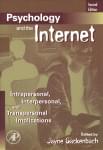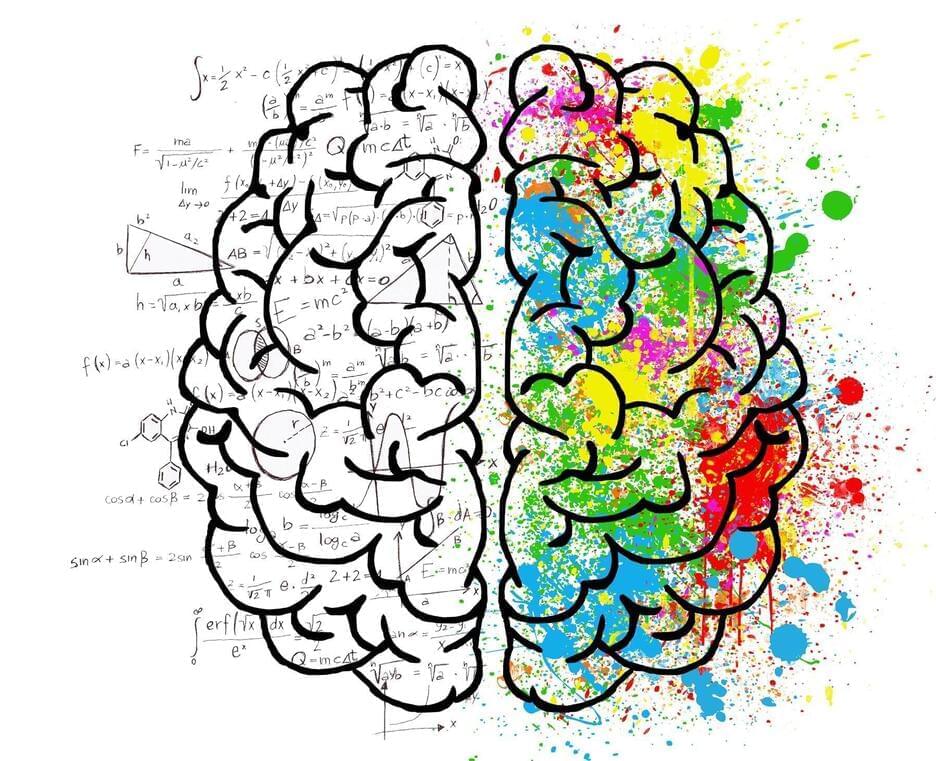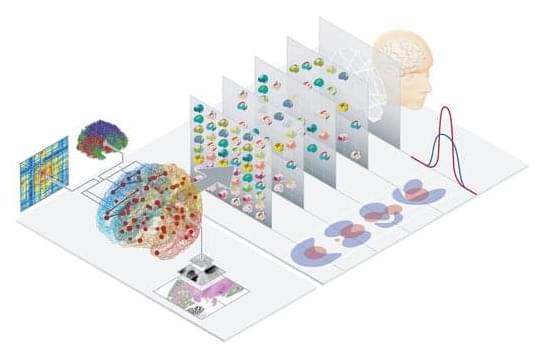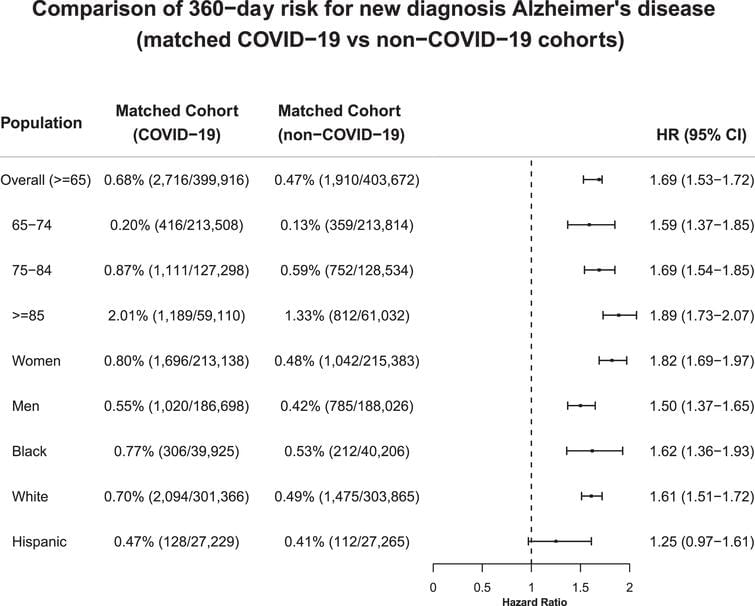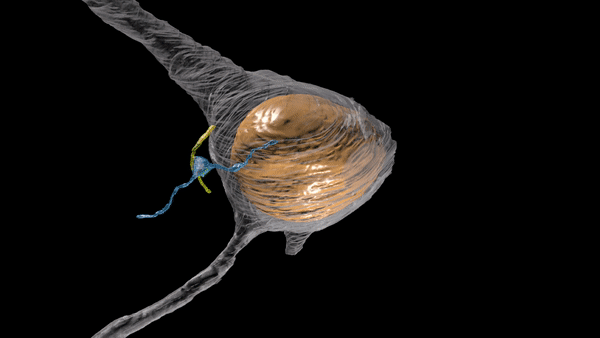Optimizing Human-System Performance — Dr. Greg Lieberman, Ph.D., Neuroscientist / Lead, U.S. Army Combat Capabilities Development Command Army Research Laboratory, U.S. Army Futures Command
Dr. Greg Lieberman, Ph.D. (https://www.arl.army.mil/arl25/meet-arl.php?gregory_lieberman) is a Neuroscientist, and Lead, Optimizing Human-System Performance, at the U.S. Army Combat Capabilities Development Command, Army Research Laboratory (DEVCOM ARL).
DEVCOM ARL, as an integral part of the Army Futures Command, is the Army’s foundational research laboratory focused on operationalizing science to ensure overmatch in any future conflict. DEVCOM ARL shapes future concepts with scientific research and knowledge and delivers technology for modernization solutions to win in the future operating environment.
With a Ph.D. from the University of Vermont in Neuroscience, a Postdoctoral Fellowship in Cognitive Neuroscience from University of New Mexico, and a BA from University of Massachusetts Amherst in Psychology, Dr. Lieberman’s research and research leadership experience ranges from genetics to learning theory, animal behavior to artificial intelligence, and human variability to team dynamics; with additional expertise in S&T strategy and the opportunities afforded by the Future of Work.
Specific areas of Dr. Lieberman’s technical expertise include maximizing human potential, human-autonomy teaming; neuroanatomical organization and connectivity; brain structure-function coupling; learning-driven neuroplasticity; non-invasive neurostimulation and cognitive enhancement; neuroimaging; mind-body medicine and mindfulness meditation; and the mechanisms of neurodegenerative disease, neuropathology, and brain injury.

